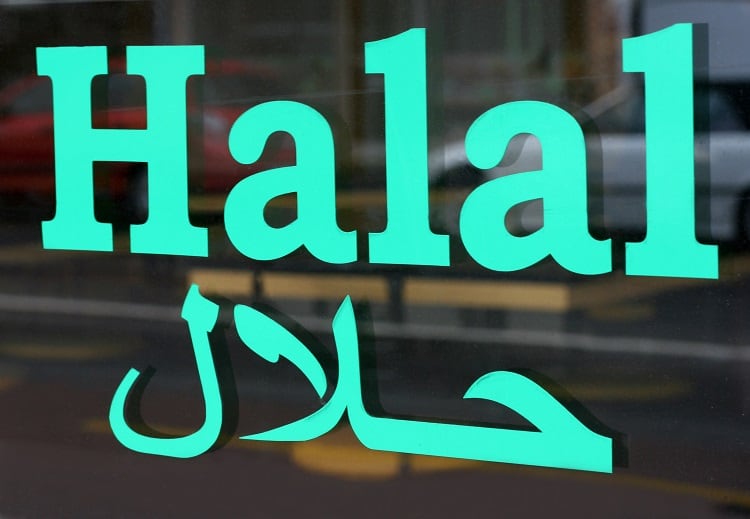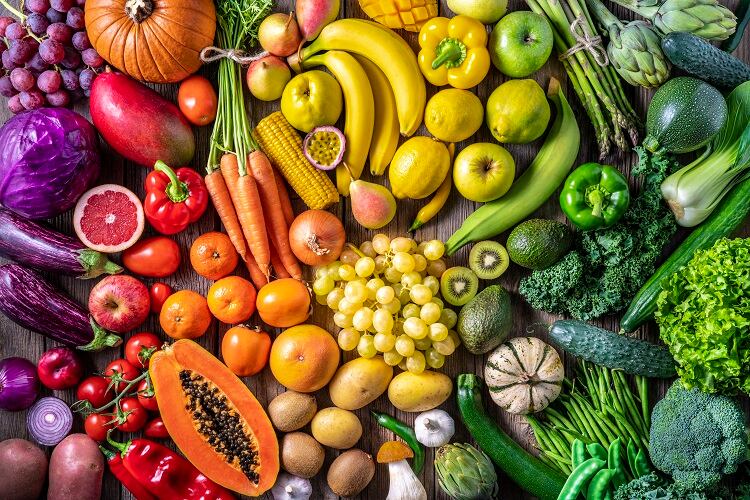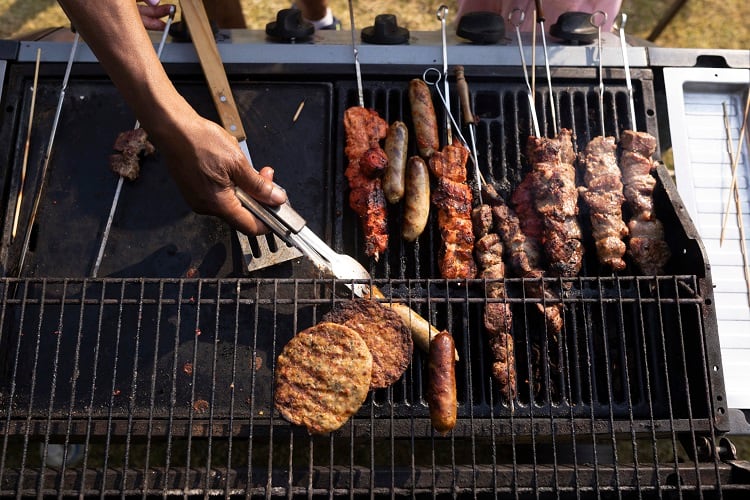Halal, which is translated as ‘permitted’ from Arabic, is food that is prepared, processed and consumed in a specific way outlined in the Qur’an, the central religious text of Islam.
The market for halal products is growing for two reasons. Firstly, the Muslim middle class is increasing in countries such as the UK, and the Muslim population of Europe overall is expanding.
Secondly, halal is popular even with non-Muslims, due to its traceability and links with animal welfare. Without reliable certification, this traceability would not be present.
Certification is vital for consumers to have confidence that their food is well and truly halal and isn’t simply claiming to be so.
Requirements for halal
There are a number of halal certification boards across Europe, operating at both a national and international level. According to a spokesperson from the International Halal Certification (IHC), they all provide similar services, and even sometimes collaborate.
“We all are the stakeholders in the halal sector providing similar service to the food industry nationally and internationally,” their spokesperson told FoodNavigator.
Halal certification bodies in Europe
In Europe, there are many different certification boards for halal products. These include the Halal Monitoring Committee (HMC) in the UK, La Grande Mosquée de Paris in France and Halal Control (HC) in Germany.
In order for food to be certified halal, several things are required. Firstly, it must be free from porcine (pork) and intoxicants such as ethanol, and must avoid all cross-contamination with any of these substances.
Secondly, meat used in any halal product must come from a permissible species (such species include chicken, sheep (lamb), cows (beef), and fish). This meat must be slaughtered in a halal compliant way: it must be alive at time of slaughter, flowing blood must be drained out, and it must be slaughtered in the presence of a Muslim reciting ‘Tasmiya’, which means saying ‘in the name of Allah, and Allah is Great’ at the slaughter point.
What checks are carried out?
In order for a halal product to be certified, several checks must be carried out. This requires a significant amount of oversight into the production process by the certification body.
“In meat certification, compliance to halal slaughter is fundamental and the production is usually subject to regular onsite inspection/supervision by a representative of the halal certification body. This is in addition to a periodic halal audits carried out by the certification body,” the IHC spokesperson told us.
There are more specifications around meat than other products, but this does not mean that only meat requires a certification. There are different requirements for non-meat products.
“The certification of other meat-free food items usually involves review and scrutiny of finished products, its raw materials and processing aids, with successful site audit against the halal standard in the scope.”
Growing appeal of halal
Commenting on the growing appeal of halal food, the IHC spokesperson told us that “this is mainly due to, firstly, increased consumer awareness about complex food supply chains; secondly, trending value added products being available and demand for their halal substitutes, and thirdly, higher disposable income of Muslims who spend not only on food, but lifestyle, cosmetic and financial products too.” Indeed, lifestyle, cosmetic and financial products can be halal as can food.
Halal cultivated meat
Cultivated meat has the potential to be halal if produced in the right way. Several companies, including Aleph Farm and GOOD Meat, have announced their ambitions to produce cultivated meat that can be certified as halal.
Ahmed Abouelenein, CEO at fast-food chain The Halal Guys, which has recently expanded to the UK, agreed. “We have definitely seen an increase in more sections of society showing an interest in Halal meat, which is likely due to the fact Halal follows a strict quality standard with the animals’ feeding and treatment being humane as possible through every step of the process. As consumers become more conscious of their impact on the environment and the way their food is handled from farm to plate, which has also been seen through the increase of vegetarianism and veganism, it's important that there are options for everyone, no matter what their preference,” he told us.
The company collaborates with halal organisations in initiatives and events promoting halal products. According to Abouelenein, “being associated with reputable halal bodies can enhance the credibility of your products.”




